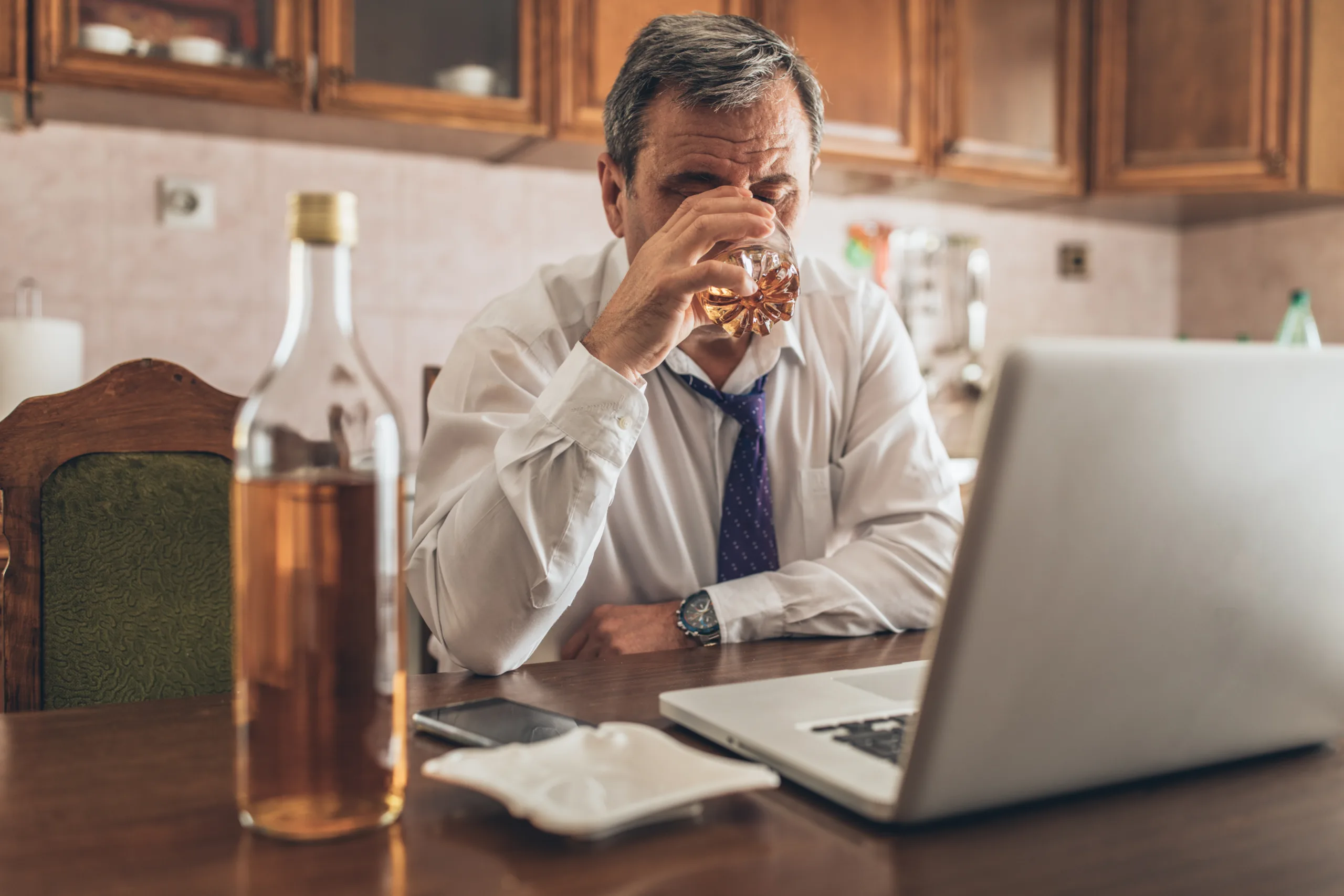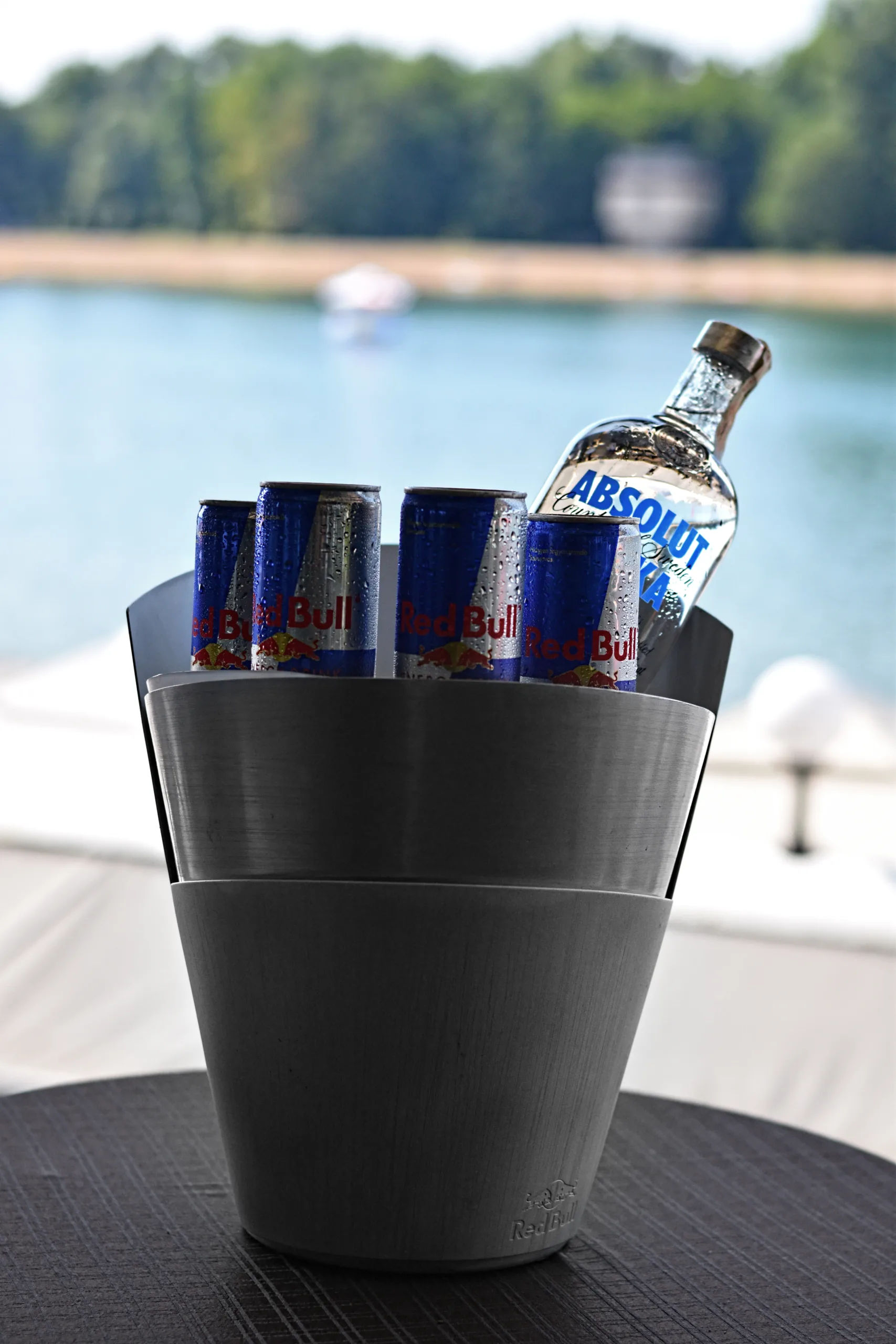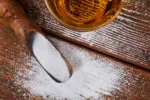What Is Hangxiety? The Link Between Alcohol and Anxiety

You wake up after a night of drinking with more than just a headache or a dry mouth—you feel overwhelmed, anxious, maybe even panicked. Your heart races, your mind replays conversations and you’re filled with a sense of dread you can’t quite explain. This isn’t just a hangover. It’s something called hangxiety.
At Silvermist, we’ve helped many people recognize this feeling for what it really is: a warning sign. If you’re struggling with post-drinking anxiety, you’re not alone—and understanding hangxiety might be the first step toward healing your mind and body.
What Is Hangxiety?
Hangxiety is a slang term used to describe the anxiety or emotional distress that follows a night of drinking. It’s not a clinical diagnosis, but it’s a very real experience—and one that’s becoming more widely acknowledged as people examine how alcohol affects their mental health.
While some social anxiety is common the day after drinking (“Did I say something embarrassing?”), hangxiety goes deeper. It can include:
- Racing or intrusive thoughts
- Physical symptoms like sweating or a pounding heart
- Regret or guilt
- A sense of dread or panic
- Mood swings or irritability
- Feeling disconnected or “off”
Why Does Hangxiety Happen?
Alcohol impacts the brain’s GABA and glutamate systems, which help regulate mood, stress and relaxation. When you drink, your brain temporarily feels relaxed or numb—but as alcohol leaves your system, your brain overcompensates by becoming more stimulated, anxious or depressed.
Other contributing factors include:
- Dehydration and poor sleep, which impact mood regulation
- Drop in dopamine and serotonin levels post-drinking
- Personal history of anxiety, which alcohol often worsens
- Embarrassment or regret from behavior while intoxicated
- Chemical withdrawal, especially in heavier drinkers
Even moderate drinkers can experience hangxiety, and it’s a common red flag for a developing dependency.
Is Hangxiety a Sign of a Bigger Problem?
Not always—but it can be. Occasional hangxiety may just be your body reacting to a rough night. But if you start to notice:
- You’re drinking to cope with stress or social anxiety
- The emotional aftereffects last longer than the physical hangover
- You feel stuck in a cycle of drinking and regret
- Your anxiety is worsening overall
Then it may be time to take a deeper look at your relationship with alcohol.
How to Cope with Hangxiety
If you’re currently experiencing hangxiety, here are a few ways to manage the symptoms:
- Hydrate and rest: Support your body as it recovers
- Avoid caffeine: It can heighten anxiety
- Practice grounding techniques: Deep breathing, journaling or light movement
- Talk to someone you trust: Shame thrives in silence
- Reflect honestly: What is alcohol actually adding—or taking away—from your life?
These coping tools are helpful, but they don’t solve the root issue. If hangxiety is a regular occurrence, it may be time to consider whether sobriety—or professional support—could offer the peace you’re seeking.
Finding Relief and Recovery at Silvermist
At Silvermist, we specialize in helping individuals who are tired of the anxiety, shame and emotional instability that often follows drinking. Our personalized, holistic approach to addiction and mental health treatment addresses both the physical effects of alcohol and the deeper emotional patterns behind it.
We offer:
- Residential addic/residentialtion treatment for young adults
- Dual diagnosis care for co-occurring anxiety and substance use
- Evidence-based therapy and trauma-informed care
- Mindfulness and wellness programming to build lasting resilience
You don’t have to live with hangxiety. You don’t have to keep wondering if something’s wrong. You deserve clarity, confidence and calm—and we’re here to help you get there.






